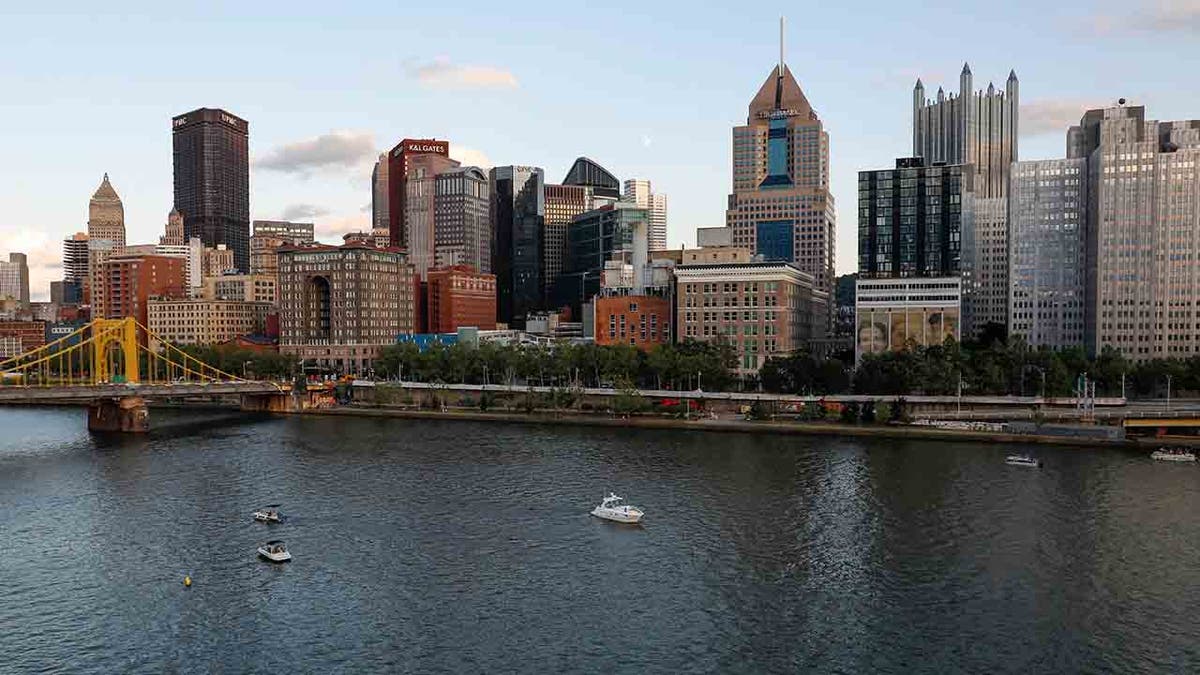Police officers in Pittsburgh, Pennsylvania, will no longer respond to lower-priority calls that the bureau says do not require an in-person response, and will instead redirect them to its Telephone Reporting Unit.
Officers will still respond to “in-progress emergencies,” where a person may need medical aid, domestic disputes, calls with evidence or where the Mobile Crime Unit will be requested to process a scene, the Pittsburgh Bureau of Police said in a statement announcing the changes.
The Telephone Reporting Unit will field calls for theft, harassment, criminal mischief and burglary alarms, WPXI-TV reported.
The change went into effect on Monday as part of a sweep of operational adjustments at the bureau meant to allocate its resources in a more efficient way to better serve citizens, Chief Larry Scirotto said in a statement.
OVER 260K HOUSTON CRIMINAL CASES SUSPENDED DUE TO ‘LACK OF PERSONNEL’ CODE, POLICE CHIEF SAYS
The Pittsburgh Police Department will redirect lower-priority calls to its enhanced Telephone Reporting Unit. (Pittsburgh Bureau of Police )
Officers will also transition from the traditional five 8-hour workdays to four 10-hour shifts each week, giving officers three consecutive days off.
“An additional day away from work each week to focus on family, friends, or outside pursuits is key to creating a healthy workforce and contributes to the Bureau’s goal of not only recruiting new officers, but retaining them for the long haul,” Sciotto said.
Police departments nationwide have sought ways to improve officer retention and recruitment after many have reported staffing shortfalls amid anti-police sentiment over the past several years.
But critics in Pittsburgh say that when officers are called, citizens expect them to show up.
“It’s kind of the whole point of the police force, isn’t it? You know, when you call them, they’re supposed to be there,” resident Ray Matthews told WTAE-TV. “That’s the whole point. If you call and they don’t come, what’s the sense in having them at all, you know what I mean?”

Some residents are concerned about the changes at the Pittsburgh Bureau of Police. (Brandon Sloter/Icon Sportswire via Getty Images, File)
Councilman Anthony Coghill told WPXI-TV that he expects officers to respond to certain calls.
“When it comes to harassment and things of this nature, you better have a police officer there,” Coghill said. “That’s what the public expects. That’s what I expect out of our city.”